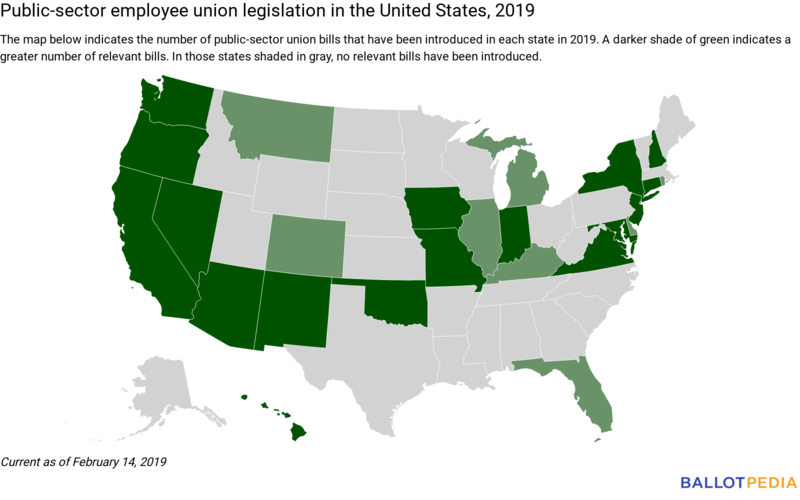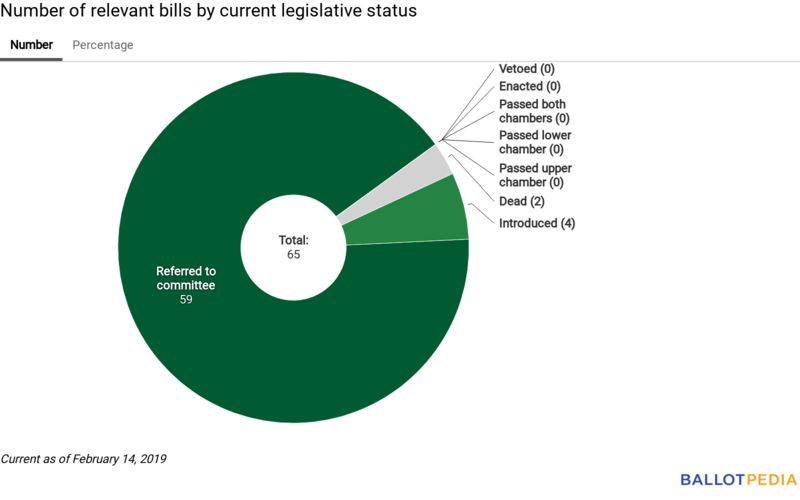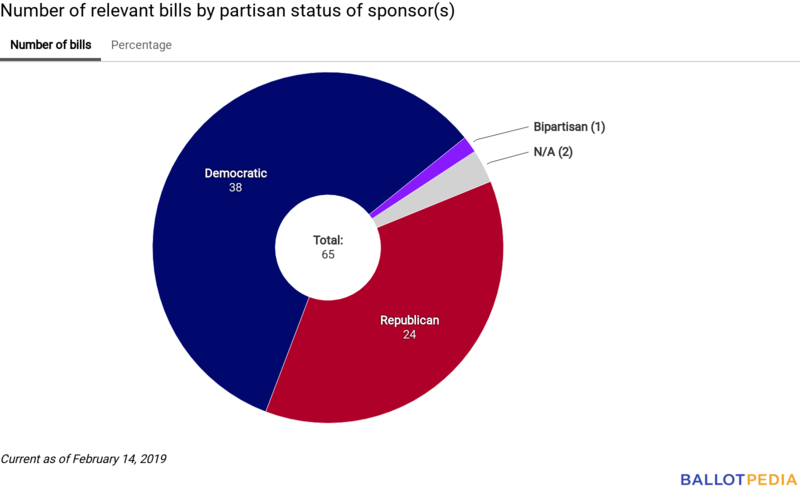Union Station: February 15, 2019
Welcome to Union Station, our weekly newsletter that keeps you abreast of the legislation, national trends, and public debate surrounding public-sector union policy. This week, we take a closer look at a recently settled lawsuit involving the rights of religious objectors to opt of union membership and have their union fees donated to charity.
SEIU settles case involving religious objections to union membership and fees payments
This month, SEIU 1199 agreed to refund approximately $2,500 in dues paid by a Connecticut prison nurse who, citing religious objections, attempted to resign from the union in 2015 and have her dues donated to charity. (Source: Yankee Institute for Public Policy)
- Who are the parties to the suit? The plaintiff was Cheryl Spano Lonis, a Connecticut prison worker. The Fairness Center, a Pennsylvania-based legal foundation represented her. The defendant was SEIU 1199, a union of health care workers numbering approximately 400,000 members throughout the Northeast.
- What is at issue? In 2015, Lonis attempted to resign from SEIU 1199 and donate her union dues to charity. Resignations on the grounds of religious objection are provided for in the federal National Labor Relations Act. SEIU 1199 did not respond to her request. Lonis' attorneys argued the union's failure to comply with her request constituted a violation of her First Amendment rights.
- Union membership update: Media reports on the effect of Janus v. AFSCME on public-sector union membership have reached different conclusions. Here’s a sample of recent articles on this topic:
- The Wall Street Journal, "Janus Barely Dents Public-Sector Union Membership," Feb. 13, 2019
- Mackinac Center for Public Policy, "Union Membership Continues to Drop Nationwide," Feb. 11, 2019
- The 74, "Union Report: Did the 2018 Teacher Walkouts Reduce Membership Losses From Janus? The Answer Seems to Be Both Yes — and No," Feb. 6, 2019
The big picture
Number of relevant bills by state
So far this year we have tracked 65 pieces of legislation dealing with public-sector employee union policy. On the map below, a darker shade of green indicates a greater number of relevant bills. Click here for a complete list of all the bills we're tracking. Click here for a complete list of all the bills we're tracking.
Number of relevant bills by current legislative status
Number of relevant bills by partisan status of sponsor(s)
Recent legislative actions
Below is a complete list of legislative actions on relevant bills since the beginning of the year. Bills are listed in alphabetical order, first by state and then by bill number.
- Hawaii HB862: This bill would allow unions to refrain from representing non-members during grievance proceedings.
- Reported favorably, with amendments, by House Labor Committee Feb. 12.
- Maryland HB126: This bill would prohibit employers from requiring employees to join, refrain from joining, or remain union members as a condition of employment.
- Died due to unfavorable report by House Economic Matters Committee Feb. 14.
- Maryland HB766: This bill would establish collective bargaining rights for community college employees.
- House Appropriations Committee hearing scheduled for Feb. 26.
- Maryland HB1143: This bill would establish collective bargaining rights for tenured and tenure-track faculty, graduate students, and adjunct faculty at select public institutions.
- House Appropriations Committee hearing scheduled for Feb. 26.
- Maryland SB587: This bill would exempt unions from representing non-members in grievance or contractual proceedings.
- Senate Finance Committee hearing scheduled for March 7.
- Montana HB323: This bill would prohibit employers from requiring employees to become or remain union members as a condition of employment. This bill would also disallow payroll deductions for nonmember fees paid to unions.
- Scheduled for second reading in the House Feb. 13.
- New Hampshire HB363: This bill would establish the state Legislature as a public employer under the state's public-employer labor relations laws.
- Scheduled to be considered at executive session of the Legislative Administration Committee Feb. 20.
- New Mexico HB85: This bill would authorize employers and labor unions to enter into agreements requiring employees to become union members as a condition of employment.
- House Judiciary Committee hearing scheduled for Feb. 13.
- New Mexico HB378: This bill would prohibit employers from requiring employees, as a condition of employment, to join a union, remain a member of a union, or pay dues and/or fees to a union.
- House Labor, Veterans, and Military Affairs Committee hearing scheduled for Feb. 14.
- Washington HB1333: This bill would alter the definition of a public employee under the state's public employees' collective bargaining law.
- House Appropriations Committee hearing scheduled for Feb. 14.
- Washington HB2017: This bill would establish collective bargaining rights for administrative law judges.
- Introduced and referred to House Labor and Workplace Standards Committee Feb. 12.
- Washington SB5169: This bill would expand the definition of unfair labor practices as they relate to the interaction of public employers and state contractors with labor unions.
- Senate Labor and Commerce Committee hearing scheduled for Feb. 14.
See also
| |||||||||||||||||||||||





